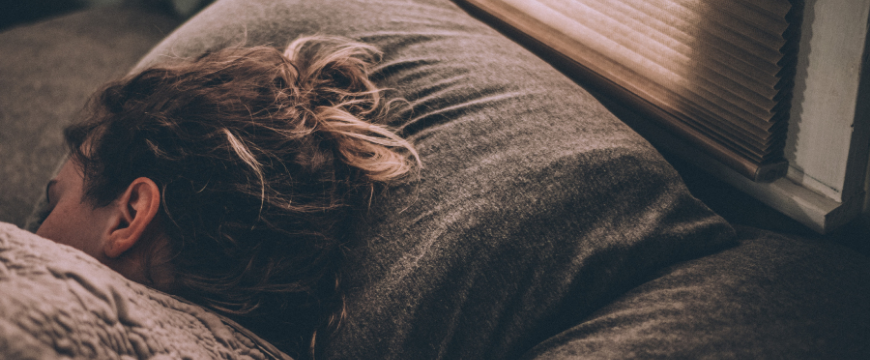



Do you have a schedule for all your work and workout? We plan schedules to avoid working around the clock or against it. What if our body itself has a clock and schedule as well? If there are rules on how our organs work or rest, could we take advantage of that and make our body work the best out of us? What if we even have two kinds of body clocks?
The Body Clock
You might have heard of the so-called body clock, which is the circadian rhythm that keeps our body running according to a schedule. Every tissue and organ in our body operates a 24-hour cycle according to biological rhythms. This cycle regulates the timing of eating, sleeping, temperature, etc., ensuring there is a periodicity with necessary biological processes. Your genes and even your exposure to light, both natural sunlight and artificial indoor lights would affect your body clock.
Benefit From The Body Clock
One of the most important 2-hour intervals is between 1 a.m. and 3 a.m., which is when the liver is believed to be cleansing the blood. During this time frame, the body begins to prepare for Qi to move outward from the body again. That is a critical period that we should sleep to let the liver work. By embracing the Chinese body clock concept, it is believed that you can potentially make the most of your specific organs and bodily functions when they are at their peak, for example, according to the Chinese body clock, the lungs peak between 3 a.m. and 5 a.m. Getting up early for a morning exercise during this time may help you maximize the potential of your lungs.
The Chinese Body Clock
Compared to circadian rhythms, the Chinese body clock is indeed more specific on the organs and time. The Chinese body clock is built on the concept of "Qi", a word in Chinese medicine to describe energy. The idea is that Qi will move in 2-hour intervals throughout the organ systems in the 24-hour cycle. Sleep is believed for Qi to draw inward to fully restore your body. The idea is that there are different peaks for individual organs.
Is it true?
Let's talk about science. An ample amount of research supports that the human body has a biological clock, which affects everything from sleep to performance. Your body does have circadian rhythms, which help with body temperature regulation, eating habits, digestion, and other body functions. For the Chinese body clock, there’s little scientific evidence behind whether the 2-hour time intervals are helpful in maximizing organ use or beneficial to your health. Despite that, Chinese medical theories are not often bound by scientific research.
Do you have a schedule for all your work and workout? We plan schedules to avoid working around the clock or against it. What if our body itself has a clock and schedule as well? If there are rules on how our organs work or rest, could we take advantage of that and make our body work the best out of us? What if we even have two kinds of body clocks?